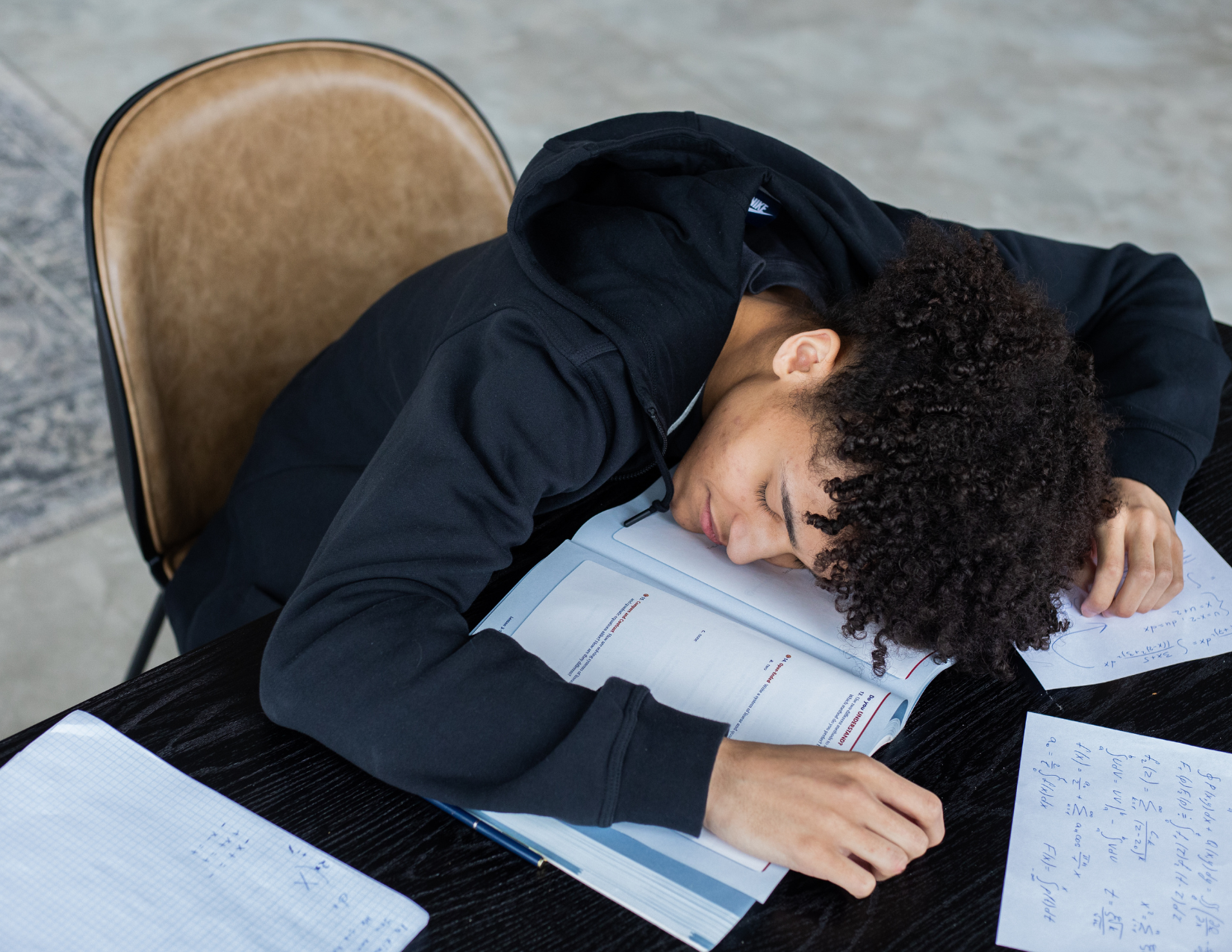
How to Stay on Track During Back-to-School Season When You Have ADHD
This post may contain affiliate links, which means we may receive a commission, at no extra cost to you, if you make a purchase through a link. Please see our full disclosure https://sagecounselingtherapyandwellness.com/disclosure-privacy-policy-terms-of-use/ for further information.
Back-to-school season is full of exciting changes and new beginnings. Many students look forward to seeing their classmates again after Summer and getting back into the swing of a routine. However, they will likely also feel a tinge of anxiety and overwhelm about upcoming assignments and academic responsibilities. Students with attention-deficit/hyperactivity disorder (ADHD), in particular, may resonate with the latter category. Back-to-school season may be especially tough for individuals with ADHD, who tend to struggle with organization, time management, and staying on task. In this blog post, we’ll dive into the common problems individuals with ADHD tend to experience when entering a new school year, and some tips for staying on track for a less stressful semester.
What is ADHD, and how can it affect students?
ADHD is a mental disorder classified by a long-lasting pattern of inattention, hyperactivity, and/or impulsivity (National Institute of Mental Health, 2024). It is common among children and teens, but can also last throughout adulthood. Common behaviors associated with ADHD include:
- Difficulty focusing on one task/idea at a time
- Trouble sitting still
- Restlessness
- Excessive talking or inclination to interrupt
As you can see from the symptoms above, ADHD can be difficult to manage in a school setting. In classrooms, students must be able to sit still at their desks, work on assignments promptly, and raise their hands before speaking. If a student regularly fidgets/gets up from their seat, misses assignment due dates, or disrupts others in the classroom, they may face penalties or disapproval from teachers. The thing is, individuals with ADHD aren’t doing these things on purpose. It’s just part of their disorder, which they can’t fully control. However, some tips and tricks may help manage some of their symptoms and make the school year a whole lot easier.
Tips for Students With ADHD:
- Inform your teacher about your ADHD. At the start of the school year, you’ll likely be getting a brand new schedule with classes taught by teachers you haven’t had before. This is the perfect opportunity to openly communicate with your teachers about your ADHD. Whether you approach them in person or via email is totally up to you, but it’s worth it to give them a heads-up that you struggle with ADHD. Let them know if there’s anything they may be able to do to accommodate you, whether that be providing some extra time on tests or assignments, or allowing you to get up from your desk from time to time. You may be surprised by how much your teacher understands what you are going through and is willing to help.
- If you’re unsure how to go about informing your teacher, try this script/email example, and personalize it to your situation:
Hi [Teacher’s Name],
I’m so excited to be in your class this school year. I wanted to reach out to you early and let you know something important about me. I have ADHD, which means that I sometimes struggle with [explain your specific concerns, like “staying focused for a long time,” “organization and keeping track of my assignments,” or “finishing exams on time”]. I find it helpful when [explain what helps you manage your ADHD, like “I’m able to sit near the front of the class,” “I use fidget toys to help me focus,” or “I am allowed short breaks from longer tasks”]. It’s important to me that I communicate my needs so that we can hopefully work together to create an environment that accommodates ADHD. I’m happy to answer any questions you may have or talk more about strategies that may help.
- Minimize distractions. Classrooms sometimes hold more than 20 students, so they can get noisy and distracting. Even if nobody is talking, the sounds of classmates scribbling in their notebooks or shuffling their feet may distract you from your work. If this is the case, ask your teacher if you can wear earplugs or headphones while working on assignments to help you focus. Likewise, if you are having trouble staying on task because friends are nearby, ask your teacher to sit you separately from them when working on assignments. Sure, it may not be as fun as joking around with your friends, but at least you’ll get your work done!
- Create prioritization lists and schedules. Staying organized can be difficult, but visual reminders of your tasks, like lists and schedules, can help tremendously. Whether you use a physical agenda or calendar or set reminders on your phone/laptop, recording your responsibilities in some way is important. Once you record all your responsibilities, put them in order of priority based on due dates and difficulty. It may help to get the small tasks out of the way first, and then tackle the larger ones. You can even set up a reward system to provide positive reinforcement for completing your list. For example, once you check off all the items on your list, treat yourself to some ice cream or a movie night with friends!
- Ask for help with accountability. Although your schoolwork is your responsibility, there’s nothing wrong with asking loved ones for help with holding you accountable for completing assignments. Choose someone who tends to be organized, like a parent or fellow student, and ask them if they would be willing to check in with you about your progress on assignments. Knowing that someone is checking if you are staying on track can add a healthy layer of extra pressure and ensure you get your tasks done. It can also help to work on homework at the same time or in the same setting as other students to help keep you on task (if your school allows this).
- Use fidget toys. If the urge to fidget or get up from your seat during class is overwhelming, you may benefit from bringing a fidget toy to class to help ground you. These toys are small and quiet, but can work wonders for those with ADHD. Make sure that the toy you choose won’t distract you more than you already are. It shouldn’t be attention-grabbing and fun. It should just alleviate the feeling of restlessness and help you focus back on your schoolwork.
And there you have it! Hopefully, these tips for students with ADHD will help you start off the school year on the right foot. Remember, if you’re actively struggling with ADHD, it’s important to reach out for support. A mental health professional can help you create a personalized plan to manage your ADHD so you can succeed in all areas of your life. Happy back-to-school season, and good luck!
To discuss how therapy could help you during this season of your life, please contact me or schedule your free 15-minute consultation.
References:
National Institute of Mental Health (NIH). (December 2024). Attention-deficit/hyperactivity disorder (ADHD). Retrieved from https://www.nimh.nih.gov/health/topics/attention-deficit-hyperactivity-disorder-adhd
Want to read more? Here are a few related blog posts you may be interested in checking out!





0 Comments